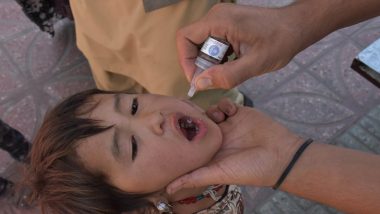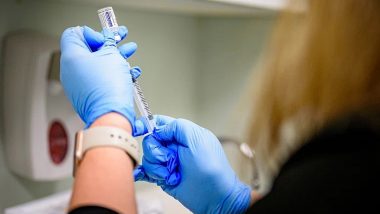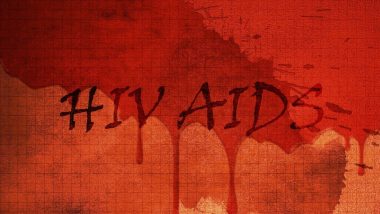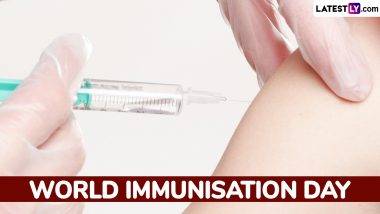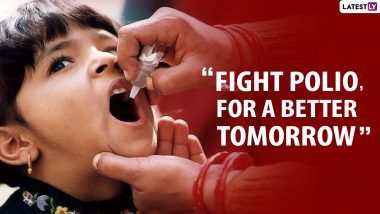If you are pregnant, your doctor will likely educate you about the vaccines that you will need to give your child soon after childbirth. Sure, the thought of administering the many painful injections to your newborn can be heart-breaking, but vaccines are essential to save your child from the many bacterial and viral infections. Some of the diseases like polio, TB, Tetanus, and Hepatitis B can be deadly in children, so you need to prevent them with vaccines. The government has made the following types of vaccines mandatory for children.
BCG vaccine
This vaccine is given as an intradermal injection soon after birth to prevent tuberculosis. The vaccine can typically cause a bump at the site of the needle, but you do not need to apply any medicine on the area. The flare-up will reduce om its own. Vaccines That Should Be on Every New Born’s Chart.
OPV vaccine
This vaccine to prevent polio is orally given at several durations till the age of five. Poliomyelitis is a disease which affects the nerves causes muscle weakness and ultimately paralysis. The government has made the vaccine free for children below five years of age under the Pulse Polio Programme. No Guarantee Coronavirus Vaccine Will be Developed, Says WHO Envoy David Nabarro.
DPT vaccine
The DPT vaccine is given as an intradermal injection to prevent diphtheria, pertussis and tetanus. While diphtheria starts with a ‘sore throat, pertussis affects the lungs in children below 15 months of age. Both infections can cause serious complications. When a wound is infected with bacteria found in soil, it can lead to tetanus. The toxin produced by the bacteria can interfere with nerves and prove fatal. More Than 19 Lakh Children Administered Polio Vaccine in J&K.
Measles vaccine
The measles vaccine is given subcutaneously as the baby completes nine months. Measles is a contagious viral infection that starts as cold and cough along with rashes progressing from the hairline downwards. It can lead to further complications such as diarrhoea and pneumonia of the brain if left untreated.
In public health practice, vaccination can confer community protection. When you immunize your child, even unimmunised children will have a reduced risk of getting the disease. This is known as the ‘herd effect’ of immunisation.
(The above story first appeared on LatestLY on Apr 25, 2020 08:00 AM IST. For more news and updates on politics, world, sports, entertainment and lifestyle, log on to our website latestly.com).













 Quickly
Quickly








